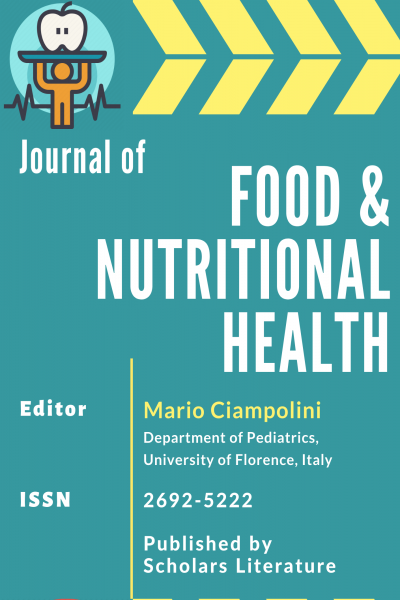Journal Highlights
Journal of Food and Nutritional Health covers the areas associated with the importance of nutrition and food in the overall health of an individual and society for a better future. The journal also highlights the role of diet and various dietary supplements in promoting the overall well-being and to sustain the nutritional demands of the human body.
Nutritional supplements
Supplements can help you improve or maintain your overall health, and supplements can also help you meet your daily requirements of essential nutrients.
Clinical Nutrition
The study and overall analysis of the relationship between ingested food and the overall well-being of the human body.
Food chemistry
The study of chemical processes and interactions of all biological and non-biological components of foods.
Nutrigenomics
The study used to learn more about how genes and diet together may affect a person's health and risk of developing diseases.
Nutrition and metabolism
The study to understand the relation between nutritional demands, diet formulation, digestion, and metabolism.
Food policy and economics
Public policy concerning how food is produced, processed, distributed, purchased, or provided. Are designed to influence the operation of the food and agriculture system balanced with ensuring human health needs.
Nutrition methodology and assessment
Methods to explain health outcomes based on dietary intake or behavior patterns using innovative statistical methods.
Nutrition and food science
Focuses on the maintenance of good health and the wellbeing of populations by highlighting the role of manufacturing, processing and production of foods.


